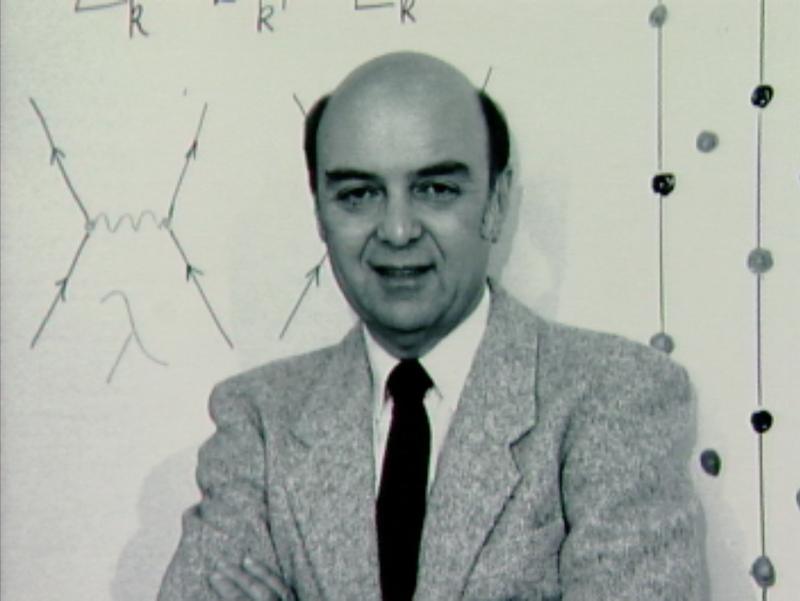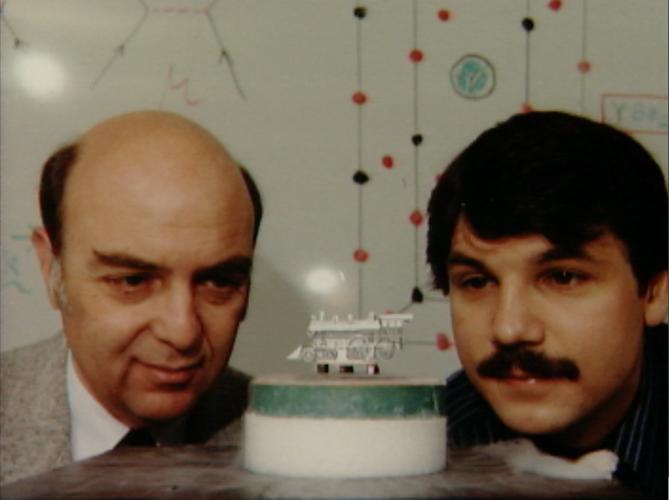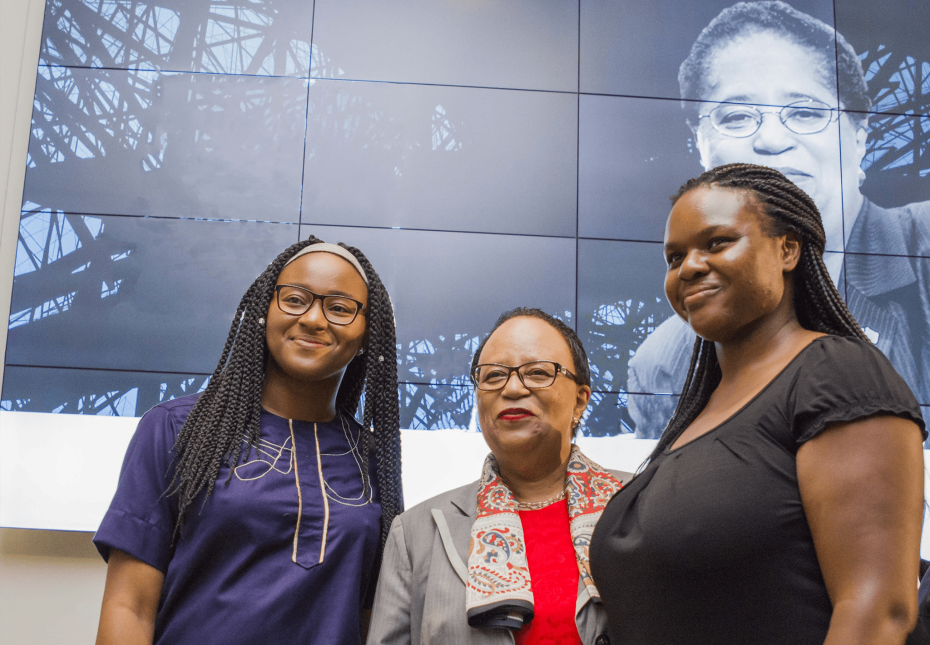His office at U.C. Berkeley’s campus contains an espresso machine, comfy chairs and glass panels of dry erase boards. Physicist Marvin L. Cohen designed the set-up to foster face-to-face discourse – the kind of thing that happened before computers.
“We can write on these walls, and sit at these tables, and drink coffee and talk,” he said in 2015. “And hopefully great ideas will be generated there.”
In his life, Cohen, a Montréal born scientist, has generated more than his fair share. At age 7, he first fell in love with physics by analyzing the movement of a tossing ball on the playground.
Today, his computer programs – many of which predict the electronic traits of compounds – have aided the production of semiconductors, an essential component of computer chips.
Namely, his modeling of the “nanomaterial” graphene, a sheet of carbon as thin as a single atom, could help the technology industry replace silicon.









